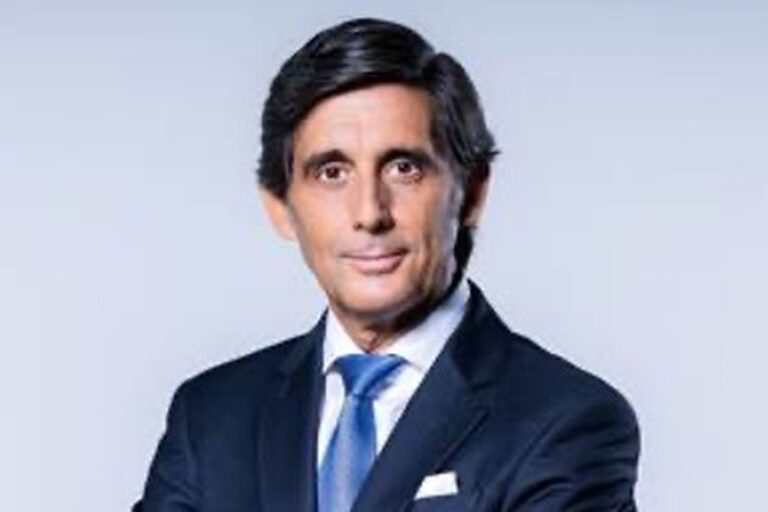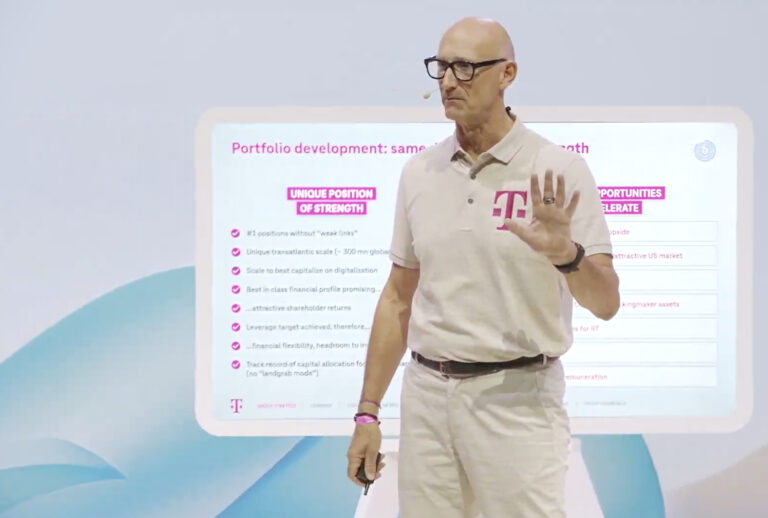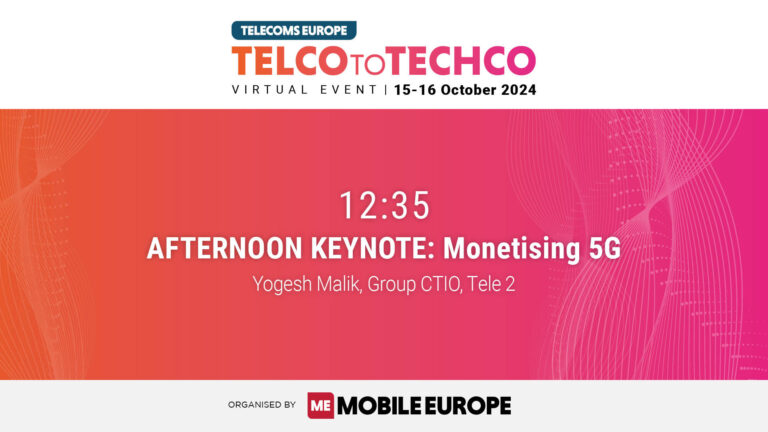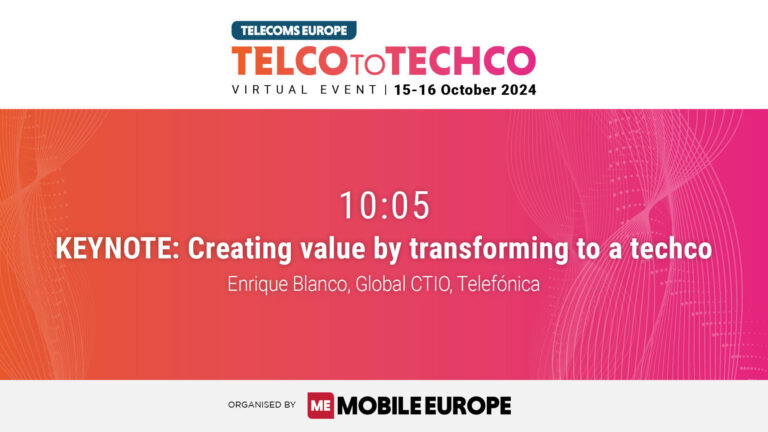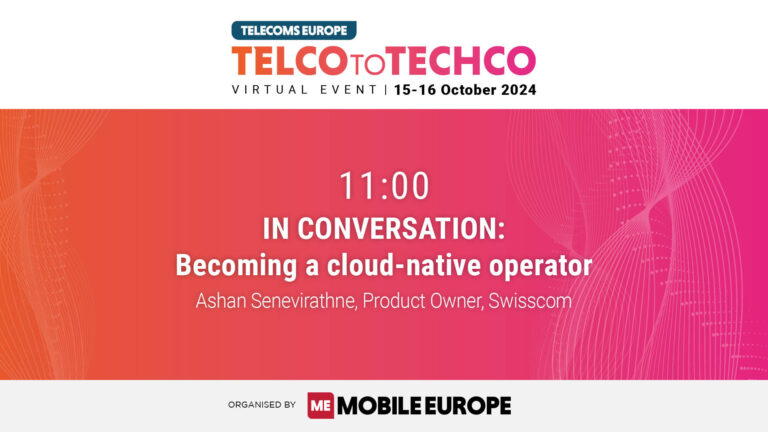The GSMA has announced the 26 members of its new board of directors who will serve from January 2025 to December 2026
José María Álvarez-Pallete López (pictured) has been re-elected as Chair with Gopal Vittal as the new Deputy Chair. They will lead the new, 26-strong board of directors who will serve from January 2025 to December 2026.
Board members include representatives from global mobile operators as well as smaller independent ones, listed below in alphabetical order of their organisations:
- America Movil, Carlos M. Jarque, Executive Director of Corporate, Government and International Relations
- AT&T, F. Thaddeus Arroyo, Chief Strategy and Development Officer
- Bharti Airtel, Gopal Vittal, Managing Director and Chief Executive Officer
- BT (EE Ltd.), Allison Kirkby, Group CEO
- China Mobile, Gao Tongqing, Executive Vice President
- China Telecom, Li Jun, Executive Vice President
- China Unicom – this appointment is pending internal approvals
- Deutsche Telekom, Dominique Leroy, Board Member for Europe
- e&, Hatem Dowidar, Group CEO
- Ethio Telecom, Frehiwot Tamru, CEO
- Globe, Ernest Lawrence Cu, President and CEO
- GSMA, Mats Granryd, Director General
- KDDI, Makoto Takahashi, Group CEO
- KT, Young Shub Kim, Group CEO
- Liberty Global, Mike Fries, CEO
- MTN, Ralph Mupita, Group President and CEO
- Orange, Bruno Zerbib, Chief Technology and Innovation Officer
- Reliance Jio, Mathew Oommen, President and Member of the Board
- Telecom Argentina, Roberto Nobile, CEO
- Telefonica, Jose Maria Álvarez-Pallete, Chairman & CEO
- Telenor, Benedicte Fasmer, President and Group CEO Elect
- TIM, Pietro Labriola, Group CEO and General Manager
- Turkcell, Ali Taha Koc, CEO
- Veon, Kaan Terzioglu, Group CEO & Board member of VEON Group
- Verizon, Joe Russo, EVP & President of Global Networks and Technology
- Vodafone, Margherita Della Valle, Group CEO
Mats Granryd, the outgoing Director General of the GSMA commented; “The industry is going through rapid change, driven by advances in technology, digital transformation, and the rise of AI. It is a very exciting time to be part of this transformation, and I am confident that with the leadership of the Chair and our Board, the GSMA is well-positioned to successfully continue to advocate for our members and achieve our goals”.
He added that “we are excited to welcome the new and re-elected Board members, and we thank the outgoing Board members for their outstanding support.”
Vivek Badrinath will become the next Director General of the GSMA from 1 April 2025, replacing Mats Granyrd who has been in the role since January 2016.


